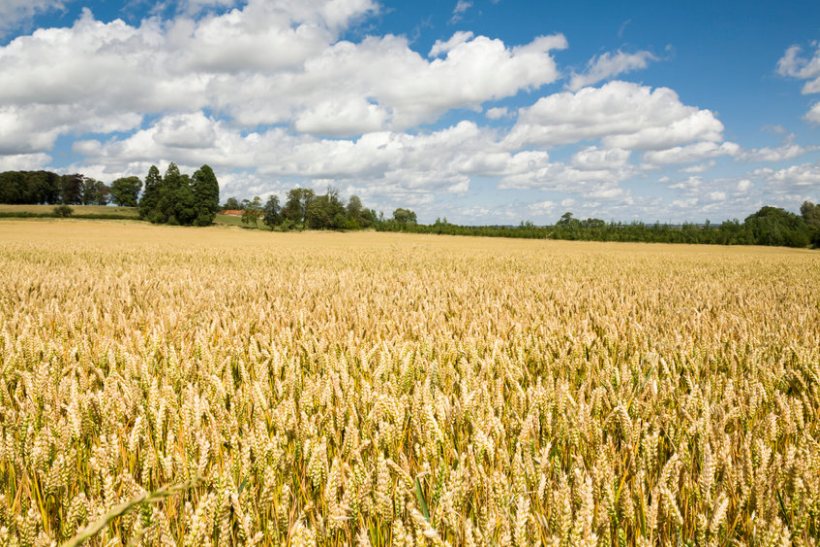Uncertainty is 'worst enemy' of agriculture, admits farming minister

Farming minister Robert Goodwill has admitted the current Brexit impasse and political uncertainty is the 'worst enemy' of British agriculture.
However, he said the government is 'determined' to help farmers through these 'transformational times'.
Speaking at the Royal Bath & West Show, the newly-elected Defra minister said it remained a key priority for the government to get the Agriculture Bill through Parliament, with 97 amendments currently being considered.
“Land managers are the backbone of the rural economy, and we want to make domestic agriculture more resilient,” he said at a CLA reception.
“Food production and protecting the environment go hand in hand,” he added.
And by using new technology the industry could boost sustainable production while also helping to combat climate change.
'Cornerstone of environmental policy'
The new Environmental Land Management scheme will be the 'cornerstone of environmental policy', and Defra is working closely with stakeholders to ensure it is fit for purpose, explained Mr Goodwill.
A three-year pilot will enable the government to test and refine it, with plans in place for it to be rolled out by the end of 2024.
“These are transformational times … with an opportunity to boost the rural economy even more,” he said.
However, Charlie Ainge, who farms at Wedmore, Somerset, said many farmers are becoming disenchanted with environmental schemes, given the desperate delays to payments and high up-front costs.
“I have to say: Guilty as charged,” admitted Mr Goodwill. “On environmental schemes we have fallen well short of our obligations and we need to do better.
“I’m determined we will do better.”
'Preparing for what farming needs'
One of the biggest challenges right now is to prepare farmers for the future, without knowing what it will hold, said Minette Batters, president of the NFU.
Whether the nation faces a ‘no deal’ Brexit, a negotiated Brexit, or no Brexit at all, the agricultural industry must remain at the forefront of discussions.
She said: “We need to be preparing for what farming needs rather than getting sidelined by the politics.”
James Heappey MP admitted that both parliament and the nation are so equally divided that achieving a compromise is unlikely.
A second referendum would therefore either produce the same result as before, or only marginally the other way.
“Where does it become fair that ‘Leave’ has to win twice whereas ‘Remain’ only has to win once?” he questioned.
If the vote is to be put to the public, it should be recast as a ‘deal or no deal’ Brexit, to honour the democratic process of the original vote.
“The anger out there is palpable but the social and democratic costs of not delivering Brexit at all is far worse,” Mr Heappey said.








